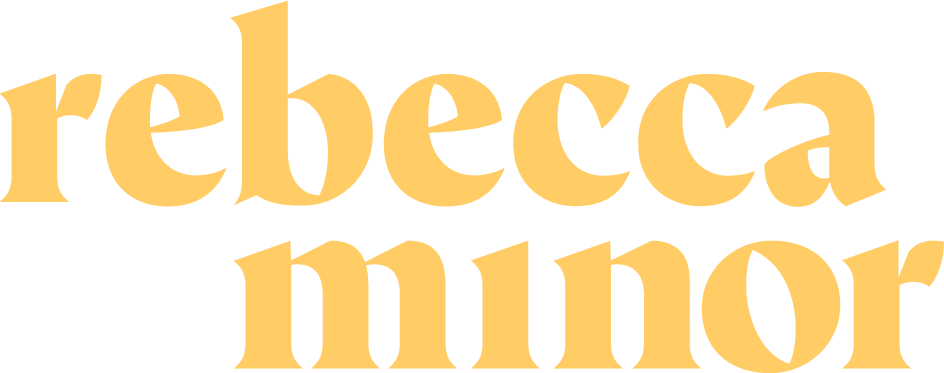You’ve Got Bisexuality All Wrong! Common Misconceptions of Bisexuality
Bisexuality remains one of the most widely recognized identities within the LGBTQIA+ community (it’s the “B” in LGBTQIA+, after all!), but it’s also one of the most misunderstood. In fact, recent data from 2024 shows that over half of LGBTQIA+ people identify as bisexual, yet harmful stereotypes and misconceptions persist, reinforcing the need for greater awareness and education.
If you’re bisexual, take these affirmations to heart: there is absolutely nothing that disqualifies you from identifying as bisexual if that’s who you know yourself to be.
If you’re not bisexual, consider these statements as an opportunity to rethink any assumptions or misconceptions you might have about bisexuality. Bisexuality is real, valid, and more common than many realize.
Before We Begin, Let’s Define:
Bisexuality: A person who experiences attraction to some people of their gender and other genders. Bisexual attraction does not have to be equally split, or indicate a level of interest that is the same across the genders an individual may be attracted to. Can be shortened to “bi” (pronounced “bye”)
*Bisexuality means different things to different people, and that’s okay! Some feel the prefix bi is indicative of the binary but the general consensus is that bisexuality refers to a person who is attracted to multiple genders, not just the “opposite.”
Things That Don’t Make You Any Less Bi:
Being in a Long Term, Monogamous Relationship
There is a HUGE misconception that once a bisexual person commits to a monogamous, long term relationship, that they are no longer bisexual. A person’s sexuality isn’t something that turns off like a switch once they get married or settle down, and shouldn’t be considered as such.
Being With Someone of the “Opposite Gender”
The concept of the “opposite” gender is a loaded one in and of itself. Residing within the tired construct of the male/female binary, some people believe that once a bisexual person is in a relationship with someone of the “opposite” gender, they have “chosen a side” and are no longer bisexual.
This is patently untrue! Just because a bisexual person is in a relationship with someone of a certain gender does NOT mean that their attraction towards other genders has disappeared. Bisexual people never have to and never do “choose a side”—that’s the whole idea!
Not Yet Being With Someone of the Same Gender
As we just explained, if a bisexual person is with someone of the “opposite” gender, that does not mean that they are no longer bisexual. On the other side of the coin, if a bisexual person has not yet been with someone of the same gender, that does not mean that they are not actually bisexual, either. A bisexual person could never date someone of the same gender, and they would still be bisexual!
Previously Identifying With A Different Label
Not only does changing labels not minimize identifying as bisexual, but the same goes for any identity! Sexuality and gender are fluid experiences, different for everyone. Whether you’ve identified as one thing for a decade and realized you no longer do, or if you’re just testing out a new label to see if it fits, that does not make you any less bisexual!
If you’re comfortable, please share what label changes you may have gone through in your life. It’s important to hear about other people’s experiences in order to normalize this fluidity!
Not Being Out To Everyone In Your Life
Let’s say it louder for the people in the back: not being out to everyone in your life does not minimize your identity!
This philosophy goes for identifying as bisexual as well as any other label. Your identity does not have to be recognized by others in order for it to be valid. Coming out is a choice, and you don’t owe anyone any information to make your identity ‘legitimate’.
Happy Bi Awareness Week!
Bisexuality as a label inherently breaks down the barriers of binary attraction and sexuality. Something all of these misconceptions have in common is that they attempt to fit bisexuality back into a heteronormative, binary category of attraction. If someone says they are bisexual, then they are—no matter their past or present relationship status or level of attraction to each gender.
If you’re bisexual, treat yourself with kindness this week (and every week!). No matter anyone’s misconceptions, your identity is valid. If you're a bi+ person in a straight-presenting relationship and looking for support or community, check out bi+ (in)visibility—a space where your identity is seen, supported, and celebrated.
Resources to learn more about LGBTQ+ identities and be a better parent or caregiver:
A great way to be an ally is learning the proper terms to discuss 2SLGBTQ+ topics.
To download a PDF of gender and sexuality terms click here.
Has a kid in your life recently come out to you? Check out my guide!
Want to better understand gender so you can support the kids in your life?
Sign up for How To Talk To Kids About Gender, the course that helps parents and caregivers have the not-so-difficult conversations that matter about gender.
